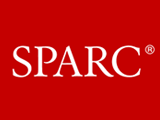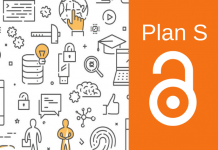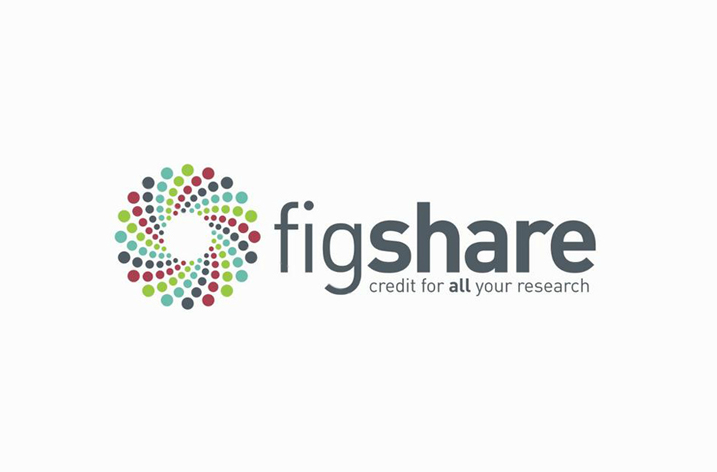
Hundreds of events will take place across the globe to highlight the power of Open Access to increase the impact of scientific and scholarly research during the sixth annual Open Access Week, today through Sunday, October 27, 2013.
“Open Access Week has evolved into more than just a way to highlight the growing worldwide support for Open Access,” said Heather Joseph, Executive Director of SPARC, which created Open Access Week, and works to broaden support for Open Access to scholarly research. “It’s an opportunity for the global community to demonstrate the myriad ways that Open Access is amplifying the impact of research. The events this week showcase examples of how Open Access has led to new discoveries, engaged new communities of users, and is beginning to empower entrepreneurs.”
Open Access – the free, immediate, online access to the results of scholarly research, and the right to use and re-use those results as you need – is transforming the way research and scientific inquiry are conducted. Providing open access to research has the power to directly enable scientific advancements and innovative job growth in a wide range of fields, from health care to energy to agriculture. Open Access Week, a community-driven, week-long global event, provides an opportunity for all stakeholders in the research community to share the successes they’ve had with Open Access, and to help continue building momentum towards greater adoption of Open Access policies and practices.
The diversity of locations where events are being held – in more than 140 countries on six continents – reflects the unprecedented support for the Open Access movement. This years events showcase the growing trend of higher education institutions to actively maximize access to and sharing of the results of research that they support. Institutions from MIT to the University of Nairobi have adopted policies to make their research is available to the public online and free of charge, and are using the week to celebrate the results of their efforts.
The week also highlights the proliferation of research funder policies supporting Open Access. On the national level, the recent landmark U.S. White House Open Access Directive and the bipartisan-supported Fair Access to Science and Technology Research (FASTR) Act, currently making its way through the U.S. Congress, will be at the center of discussion at many of the week’s events. Proposed revisions to the controversial Research Councils United Kingdom (RCUK) Open Access policy are a hot topic, as is the recently released proposed Canadian Tri-Agency Open Access Policy.
The scope of the week’s activities range from the release of groundbreaking new research studies, to awards for use of open content, from competitions and hackathons to Wikipedia editing marathons. Below are just a few examples of the kinds of events and announcements happening during Open Access Week. A full list of activities and events occurring around the globe can be found here.
- Open Access Week kicks off at 3:00 pm today at the World Bank with a discussion of leading experts in business, government, and science, and the announcement of the Accelerating Science Award Program (ASAP) winners. Details available here.
- Release of the most “openly” available dinosaur paper to date, including the underlying materials such as detailed 2D and 3D CT scans. The dinosaur is the most complete skeleton yet known from an iconic (“duckbilled”) dinosaur, estimated to be 75 million years old. Details available here.
- Conference marking the 15th anniversary of SciELO Network based in Latin America. Join a discussion of the state of Open Access scholarly communication and the challenges faced in improving academic journals. Details available here.
- Jerry Brito, senior research fellow at George Mason University, discusses how the three major reforms to the Copyright Act would help foster greater public access to cultural and scholarly works and rebalance copyright. Click here for details.
- Learn how to become a Wikipedia editor and use that knowledge to help improve articles using Open Access at a Wikipedia Edit-athon. Details here.
- Twitter-chat to discuss how Open Access publishing impacts medical research and global health. Click here for details.
- Open Access Comedy Film Festival at MacEwan University, Alberta, Canada featuring short public domain films. Details here.
To follow the conversation on Twitter use the hashtags #oaweek or #openaccess. For more information, please go to http://www.openaccessweek.org/.



























